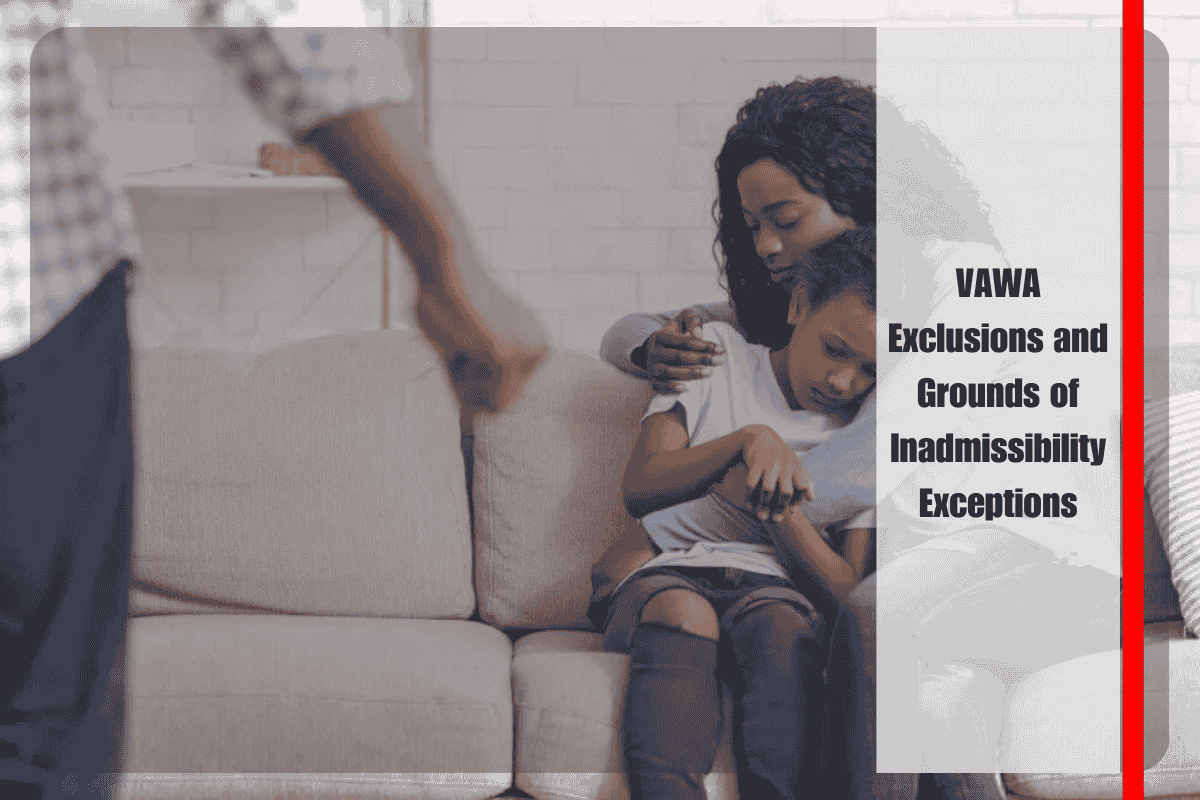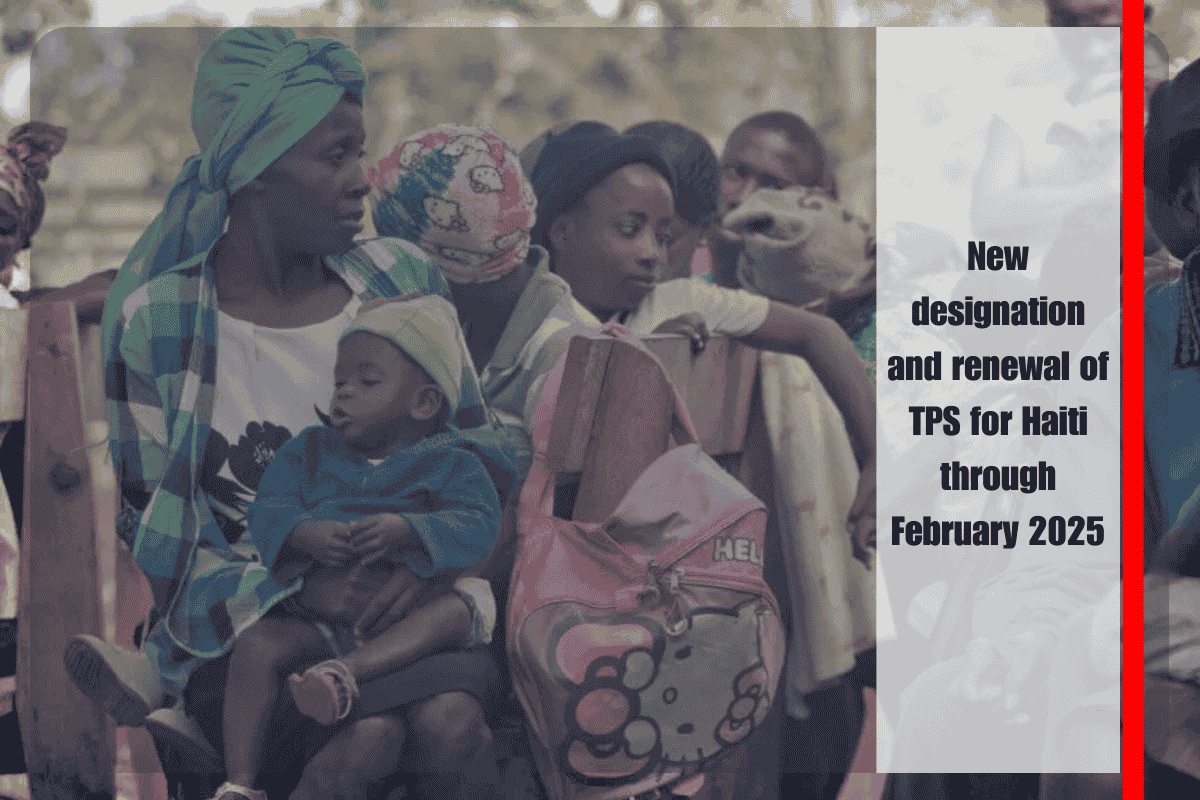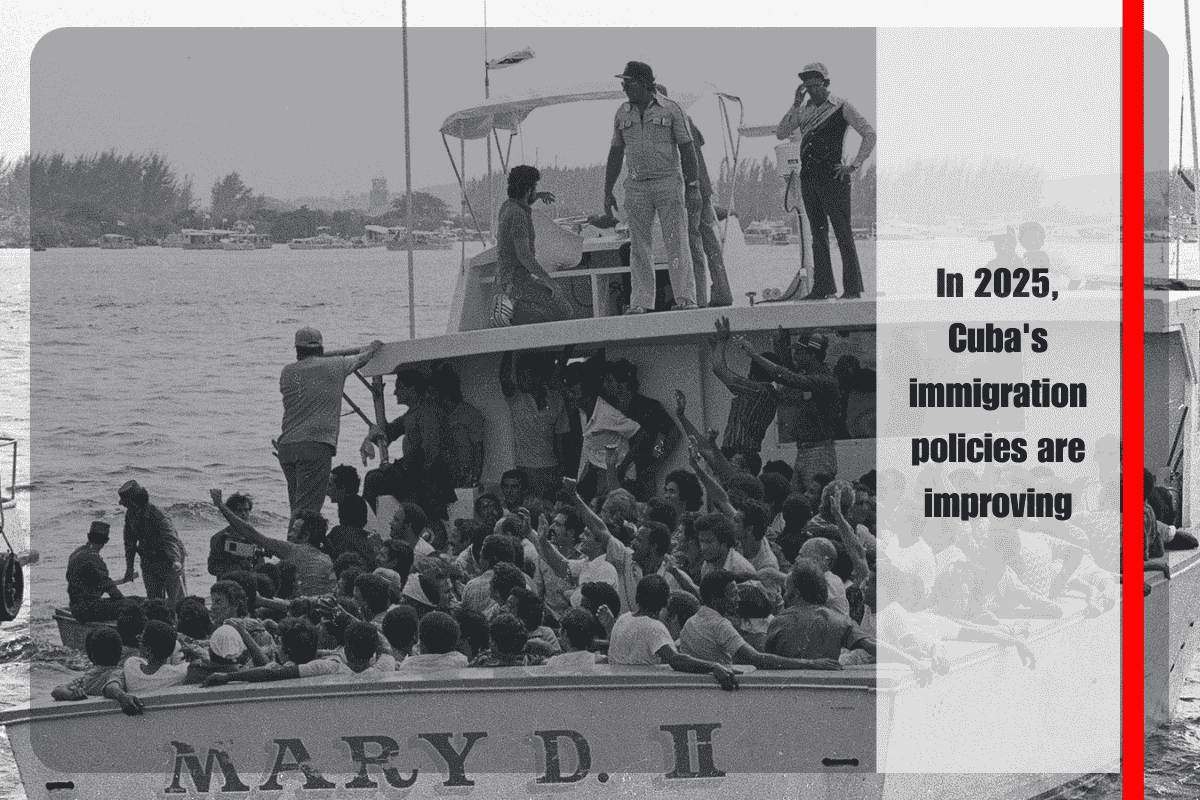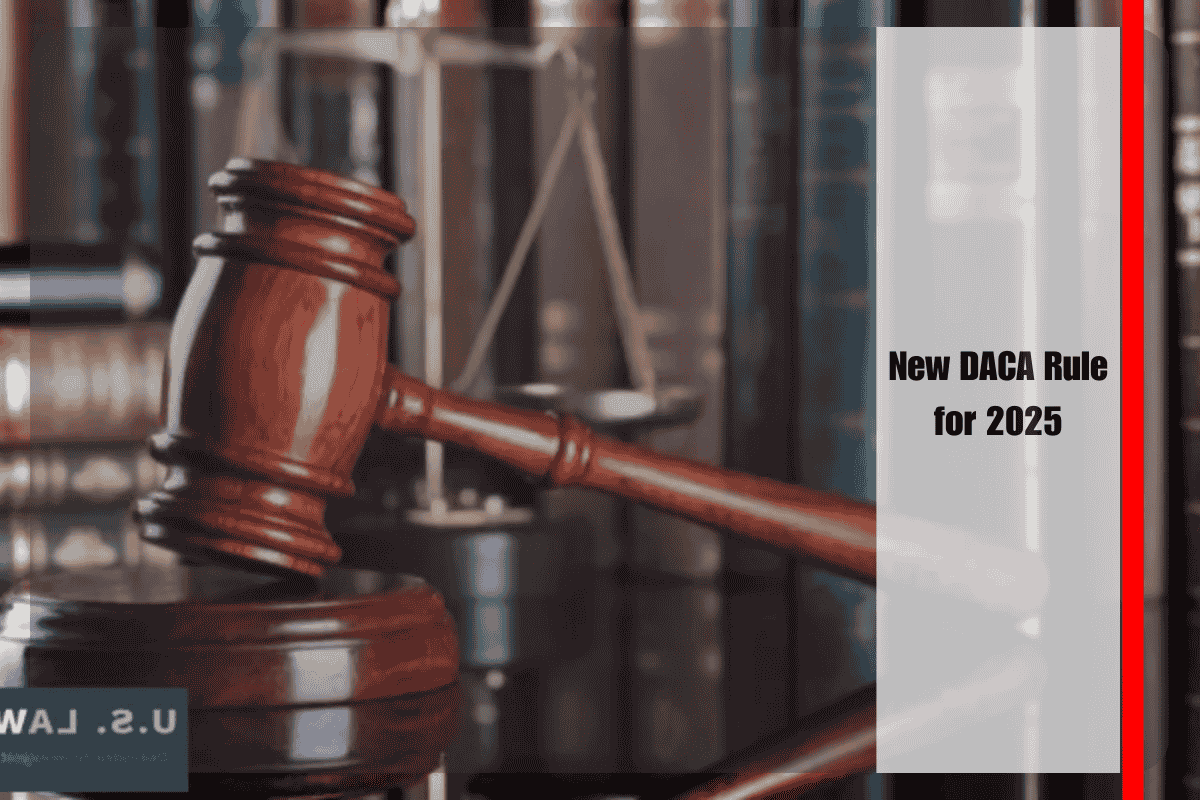The Violence Against Women Act (VAWA) allows certain abused spouses, children, and parents of U.S. citizens or lawful permanent residents to apply for immigration benefits on their own, without relying on the abusive family member. However, like all applicants for permanent residence, VAWA self-petitioners must show they are admissible to the United States. “Grounds of inadmissibility” are reasons under immigration law that can prevent someone from getting a green card.
Common Grounds of Inadmissibility
U.S. immigration law lists several grounds that can make someone inadmissible, such as unlawful entry, using fraud or misrepresentation to obtain an immigration benefit, having certain criminal convictions, or being considered a public charge. Normally, people who fall into these categories would not be allowed to adjust status or receive permanent residence.
Special Exceptions for VAWA Applicants
Congress recognized that many survivors of domestic violence face unique challenges and may have broken immigration rules because of the control or abuse of their abuser. For that reason, VAWA applicants are given special protections. They are exempt from some grounds of inadmissibility and can also apply for waivers of others.
For example, VAWA self-petitioners are not barred from applying for permanent residence if they entered the U.S. without inspection or overstayed their visa. They also may qualify for a waiver if they used false documents or misrepresentation, if they can show that the abuse was connected to the violation. These protections are meant to prevent an abuser from using immigration status as a tool of power and control.
Waivers for VAWA Applicants
If a ground of inadmissibility applies, a VAWA self-petitioner may still apply for a waiver. Immigration officers are instructed to apply a more generous standard when reviewing these cases. Unlike other applicants, VAWA petitioners only need to show that refusing their application would cause them “extreme hardship,” and this hardship can be considered in light of the abuse they experienced. For instance, if being denied a green card would force the applicant to return to a country where they have no support network and may face continued harm, that could be enough to grant the waiver.
Grounds That Cannot Be Waived
Some grounds of inadmissibility cannot be waived for anyone, including VAWA applicants. These include involvement in drug trafficking, participation in terrorism, or persecution of others. Even under VAWA, applicants must meet the basic requirements of being a person who is not a threat to U.S. security or safety.
Why These Exceptions Matter
The purpose of VAWA is to ensure that survivors of abuse are not trapped in dangerous relationships because of their immigration status. By allowing exceptions and waivers to inadmissibility rules, the law provides a fair chance for survivors to gain independence, safety, and stability in the United States.










